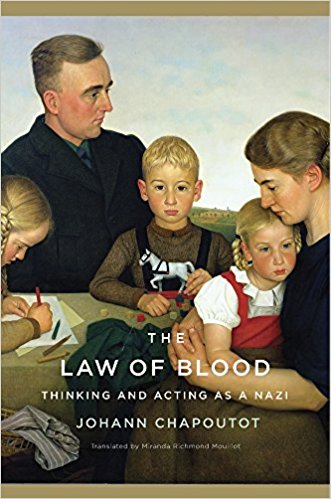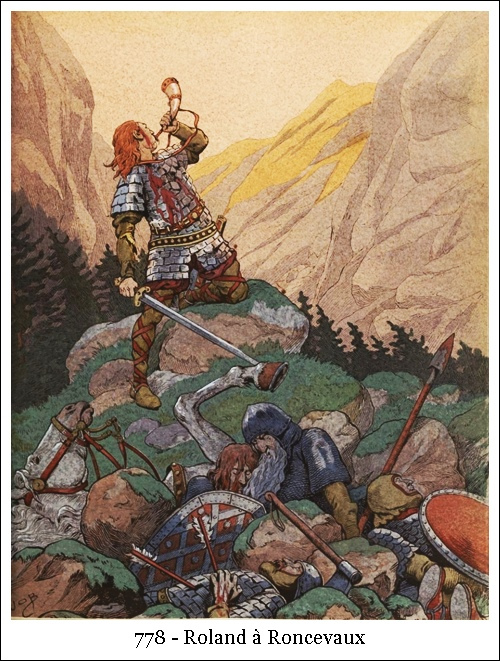Leonard Bernstein and the Jewish Cultural Ascendency — PART 1

Introduction
2018 marks the centenary of the birth of Jewish-American conductor, pianist, composer and teacher Leonard Bernstein. This milestone has seen a global bonanza of 2,500 concerts, programs, exhibitions and theatrical productions. Bernstein features prominently in the pantheon of “Jewish geniuses” as designated by the West’s Jewish-dominated cultural and intellectual establishment. Bernstein’s centenary year inevitably yielded hagiography: for his Jewish biographer Allen Shawn, he was not just a “genius” but “a powerful cultural and political voice and symbol, transcending all categories.”[1] Mark Horowitz, curator of an exhibition at Philadelphia’s Jewish museum celebrating Bernstein’s “pride of tribe,” fully endorses this view, while for the Jewish music writer for the New Yorker, Alex Ross, Bernstein remains “American music’s dominant figure.”
Bernstein lived during the heyday of the recording industry, at the dawn of the television era and of video recording. He left behind what is possibly the most extensive documentation in recordings, films, and on paper of any musician in history. His archive at the Library of Congress already lists some 400,000 items.[2] During the 1950s and 1960s Bernstein was not only the best known of all American classical musicians; his fame rivalled that of Elvis Presley or Marilyn Monroe. Attitudes to Bernstein varied dramatically during his lifetime, and many responded negatively to the fact he was so visible, so outspoken, so dramatic, and so politically active on the left.
Famous for his flamboyantly extroverted temperament, Bernstein was a “personality on such a big scale that he would naturally manage to offend many people along the way. … His self-regard and need for attention were also, to be sure, extreme.”[3] Bernstein’s brash self-confidence and monstrous ego incurred the enmity of many of those he encountered. He “loved to be the center of attention, even if it meant being obnoxious” observed a fellow student at the Curtis School of Music who noted that his “extroversion was extreme.”[4] John Rockwell, writing for the New York Times in 1986, observed that “It is quite a remarkable personality, for better and for worse, the defines every aspect of his near-manic existence. There are those who still find him inherently annoying — when he shoots off what he likes to call his ‘big Jewish mouth,’ when he prances and gyrates on the podium, when he seems to squander his compositional gifts in flashy trivia or overwrought excess.”[5] Bernstein’s own children pointed out his unsurpassed ability to become emotional on his own behalf, to “move himself.”[6]
Bernstein’s unusual, extremely emotional, visual presentation was his trademark as a conductor. He conducted with his entire body in a style that led to much criticism and derision over the years. German composer Gunther Schuller, for example, observed that Bernstein was “one of the world’s most histrionic and exhibitionistic conductors.” Schuller saw Bernstein as a musician with “very little discipline and no shame,” whose interpretation of Brahms’ First Symphony contained “too much of an ‘oy-vey’ Weltschmerz to be bearable.”[7] Read more





 Last year just before Christmas a movie caught my attention because it’s one of the rare pro-White modern Christmas movies, and, for added surprise, it is also pro-natal. Try to name any Hollywood film or any kind of TV fare that fits that bill.
Last year just before Christmas a movie caught my attention because it’s one of the rare pro-White modern Christmas movies, and, for added surprise, it is also pro-natal. Try to name any Hollywood film or any kind of TV fare that fits that bill.








